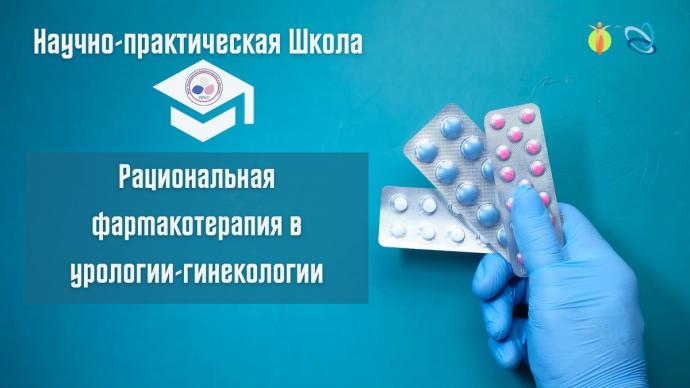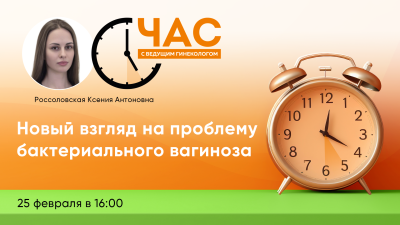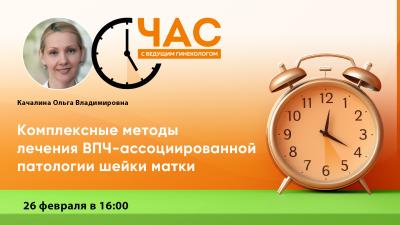Controversies in endometriosis and adenomyosis
Course description including main topics
Endometriosis and adenomyosis are today more easily and more often diagnosed in women with cycle disturbances, menstrual discomfort and infertility thanks to recent improvements in imaging techniques.
Nevertheless, according to the recently published ESHRE Guideline on the Management of Women with Endometriosis, there are still many uncertainties over the right way to diagnose endometriosis and how to treat the pain and infertility associated with endometriosis.
It is for these reasons that ESHRE's Special Interest Group Endometrium and Endometriosis organised a Campus course on these very controversies in endometriosis and adenomyos in December 2014 in Liège, Belgium, and the success of that course has now encouraged us to repeat the programme in Istanbul, with the support of the Turkish Society of Endometriosis and Adenomyosis.
The programme of the Istanbul course is based on the 2014 event in Liège, with keynote lectures and debates on these controversial topics and sufficient time given to discussion.
Course objectives
- To provide an insight into the diagnosis of endometriosis and adenomyosis
- To provide an insight into the current treatment of pain associated with endometriosis
- To provide an insight into the current treatment of endometriosis-associated infertility
Target audience
Gynaecologists
Educational needs and expected outcomes
Following the recently published ESHRE Guideline on the Management of Women with Endometriosis, there remain many uncertainties over the proper diagnosis and treatment of pain and infertility associated with endometriosis. As a result of better imaging techniques, adenomyosis is found in more women with cycle disturbances, menstrual discomfort and infertility than ever before.
The course is expected to provide participants with in-depth and updated knowledge on endometriosis and adenomyosis.
Educational methods
- Lectures
- Discussions
- Life surgery
Language
The official language of the course is English.
Certificate of attendance
Participants can only obtain a certificate of attendance after completing the online evaluation. After the course, ESHRE will send an email with the link and more information.








